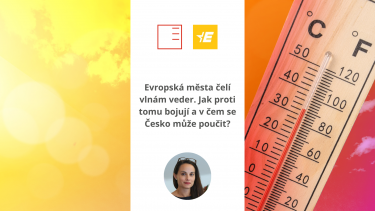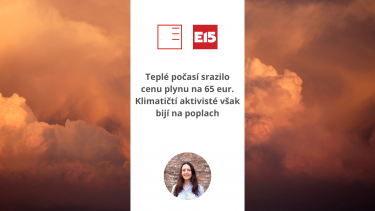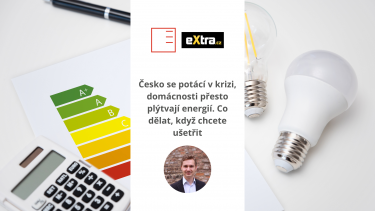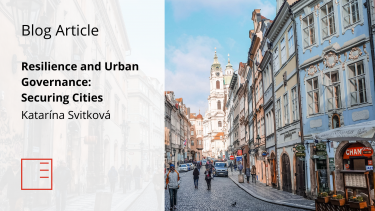WhatNews | Cities are expecting another heat wave this year. What is Prague doing to keep us from getting baked?
The average temperature in the Czech Republic has increased by 2.2 degrees Celsius since the 1960s. As a result of climate change, the country is suffering more frequent weather extremes: torrential rain, drought and heat. Heat waves are particularly severe in heat islands that form in cities. Prague wants to rapidly reduce greenhouse gas emissions, add greenery and water features. Will it be enough? Katarina Svitková, an Associate Research Fellow at EUROPEUM Institute gives examples to WHAT news on how Barcelona is adapting to the heat.
Show more
Op-Ed | Subsidised fossil fuels are a major obstacle to solving the climate crisis. The Czech Republic and the world must confront it
One of the biggest obstacles to solving the climate crisis is fossil fuel subsidies. However, they have not received much attention in the Czech Republic. An Op-Ed on this topic was written by our Senior Research Fellow Kateřina Davidová.
Show more
EURACTIV: European cities face heatwaves. How are they combating it and what can the Czech Republic learn?
Cities in southern and western Europe are adapting to summer heatwaves. What measures are they taking to protect their citizens? In an article for EURACTIV, EUROPEUM Institute Associate Katarína Svitková describes the situation.
Show more
E15: Warm weather pushes gas price down to 65 euros. But climate activists are sounding the alarm
Our senior researcher Kateřina Davidová was mentioned by the news portal E15 in their article about the mild winter weather contributing to cheaper gas. The article also highlights the possible consequences of the current "warm winter".
Show more
Extra.cz: Czech Republic is in crisis, yet households waste energy. What to do if you want to save money
Our research fellow Michal Hrubý commented on the energy crisis for Extra.cz.
Show moreResilience and Urban Governance: Securing Cities
Associate Research Fellow Katarína Svitková writes about challenges facing cities today, tracing the concept of urban resilience throughout the last decade, explored in her recently published book (Resilience and Urban Governance).
Show more PDF
Why nuclear alone is not the answer to climate change?
Our intern Eleni Vlachopulosová explores, in her latest blog, the question of "Why nuclear alone is not the answer to climate change?".
Show moreEUObserver: Why Visegrad 4 need to get real about climate change
Our Think Visegrad Fellow Linda Zeilina commented for EUObserver on the Visegrad group and its views on climate change.
Show moreStaroměstské náměstí 4/1
Prague 1 - Staré Město
110 00
tel.: +420 212 246 552
email: europeum@europeum.org
https://www.europeum.org







